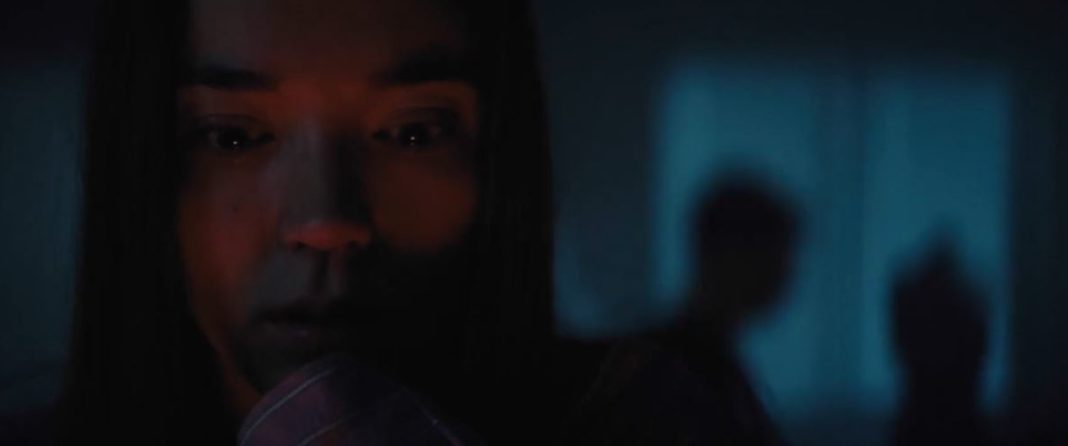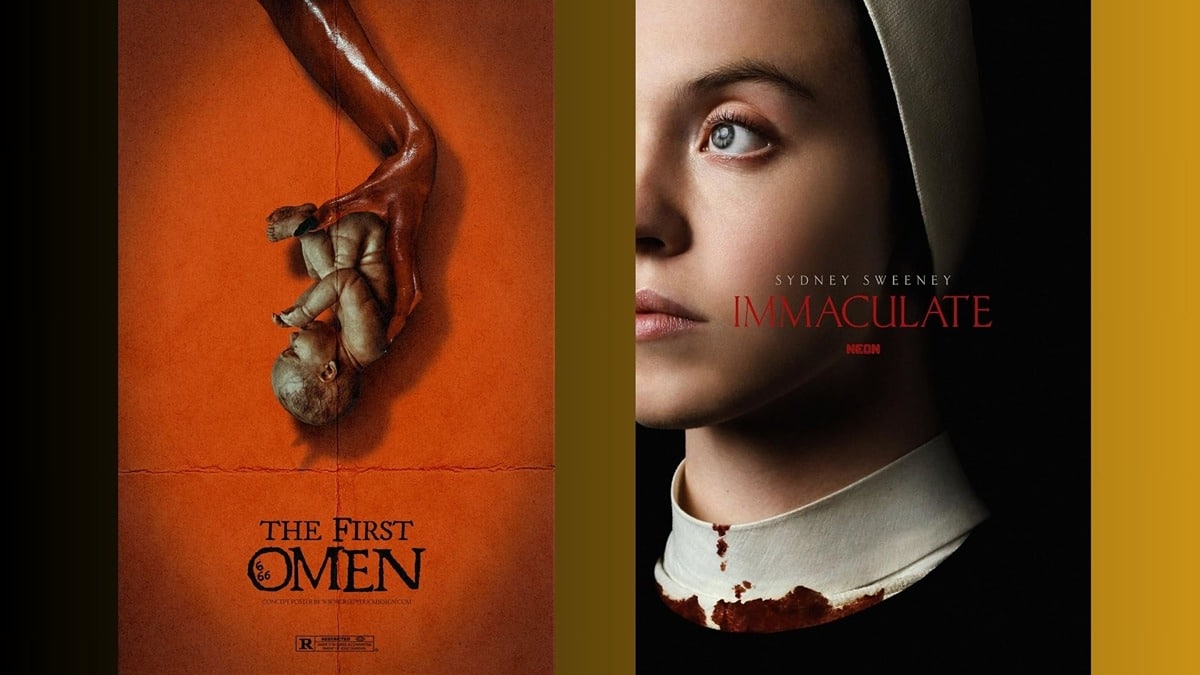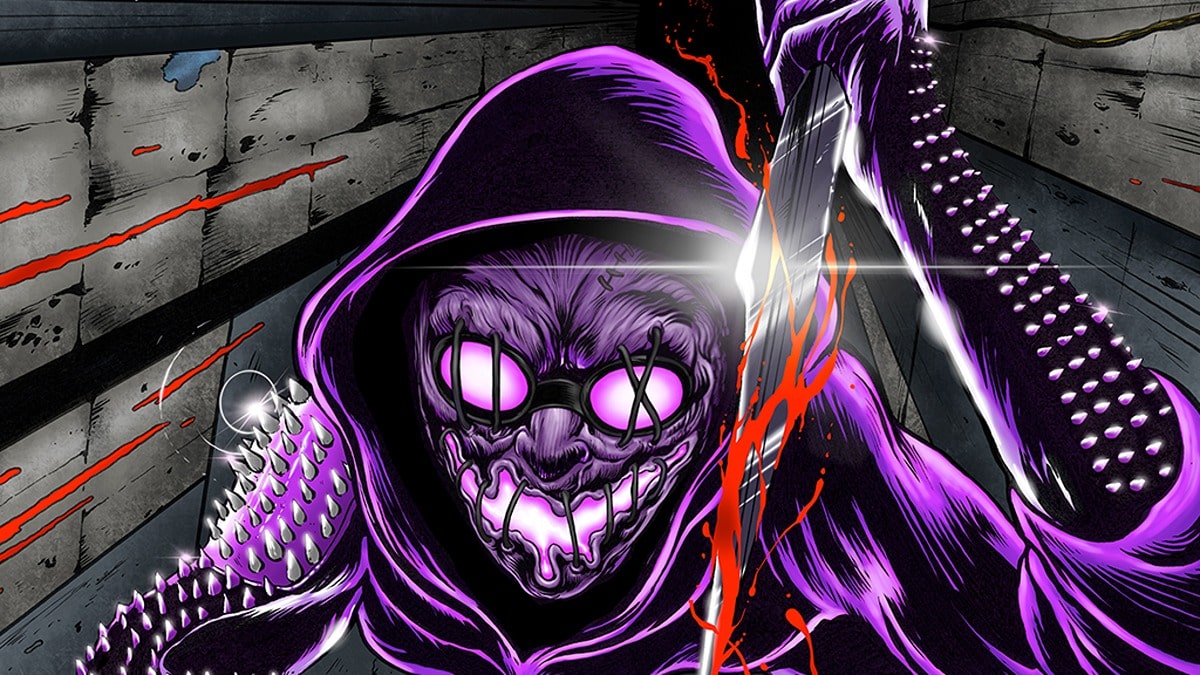(Minor spoilers ahead)
It takes guts to keep the camera close on the main character in horror movies. It creates tension by the bucketloads as our proximity to the character’s perspective means we get to share the terrifying stuff together. We’re not privy to the bad thing lurking around the corner before the character. We get scared at the same time. Director David Marmor impresses by achieving just that with his movie 1BR, an unsettling tale about a woman, called Sarah (played by Nicole Brydon Bloom), that moves into an apartment complex full of people united in service of one very dangerous and strange agenda.
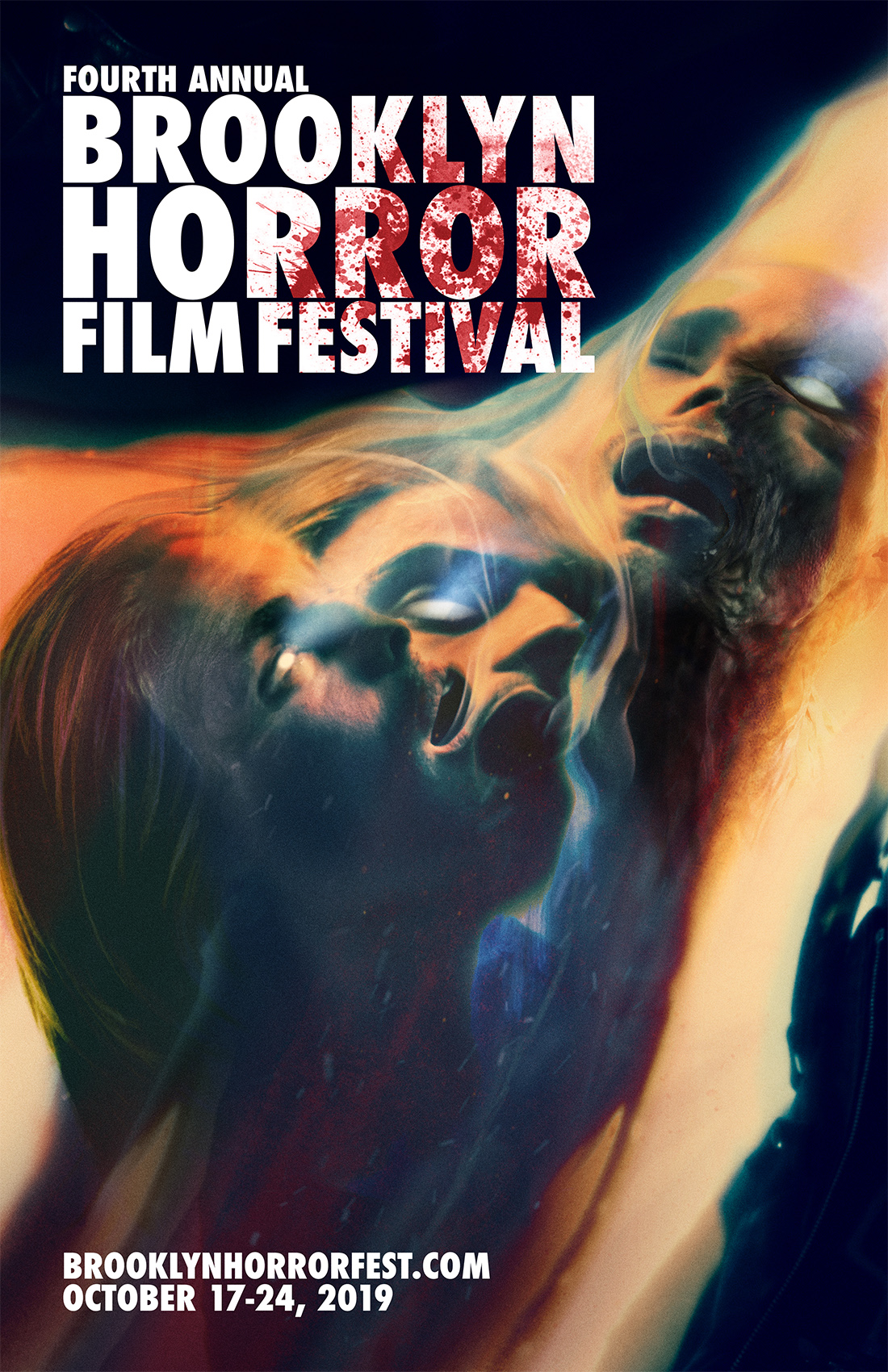
The film was shown as part of the 4th Annual Brooklyn Horror Film Festival, an East coast genre festival showcasing feature-length and short horror films that “embody the spirit of Brooklyn.”
1BR’s strength lie in its premise, which fuses urban isolation horror with cult horror. It takes the idea of small community life and puts a highly organized cult right in the middle of it. I was pleasantly reminded of Rosemary’s Baby (1968) and Midsommar (2019) while watching the film. It has a very intricate and calculated approach to paranoia (reminiscent of Rosemary’s Baby) in a setting as sprawling, impersonal, and often portrayed as inescapable as the city of Los Angeles. And yet, knowing we’re in the city itself—in its vastness—but are not allowed to see more of it because the cult has barred the main character from venturing into outside world gave the story and highly effective sense of isolation that was both oppressive and compelling (as was the case in Midsommar). I wanted to know more about the cult and what its ideas of what a perfect society should be.
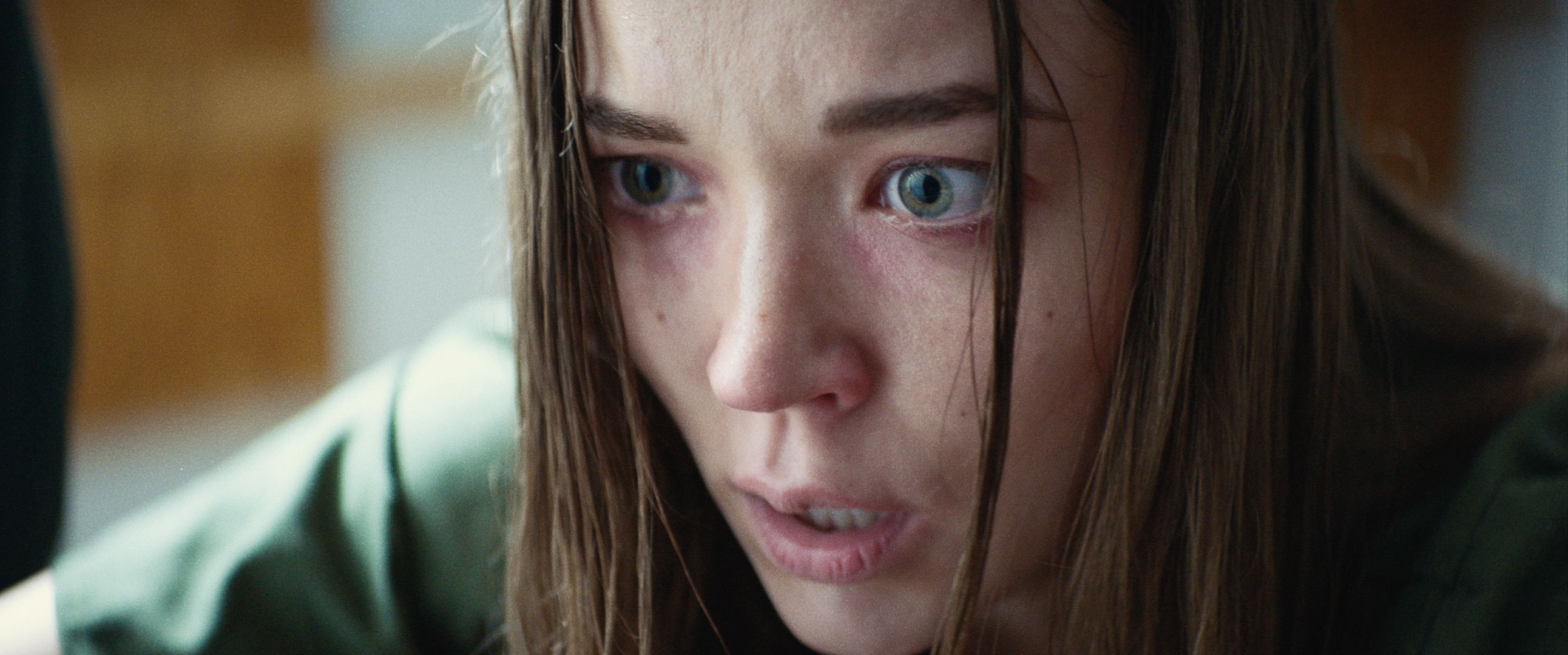
The performances are exceptional, and they needed to be given the camera never strays far from the characters at any given moment. It allows audiences to go through the main character’s shock and confusion, and its many stages, during the violent process of reeducation the cult forces upon its new members as they move into the complex.
Nicole Brydon Bloom’s performance is worthy of note as she becomes the audience’s eyes. She manages restraint and intensity to a great degree and the movie is more interesting because of it. Brydon Bloom’s performance essentially holds our hand and takes us with her as she faces the horrors of cult initiation.
The cult leader is a key factor in the effectiveness of any story involving these type of extreme utopian groups with unique social philosophies (which tend to descend into violence quite easily). Terry Nichols steps up to the challenge and melts into the role of Jerry, the cult’s leader. Nichols is charismatic as the leader, but he always manages to look like he’s one step away from indulging in some cult-friendly sadism should the situation require it. You can feel the cult’s most unsettling aspects just by the way he carries himself, menacing one moment and inviting the next. An impressive feat.
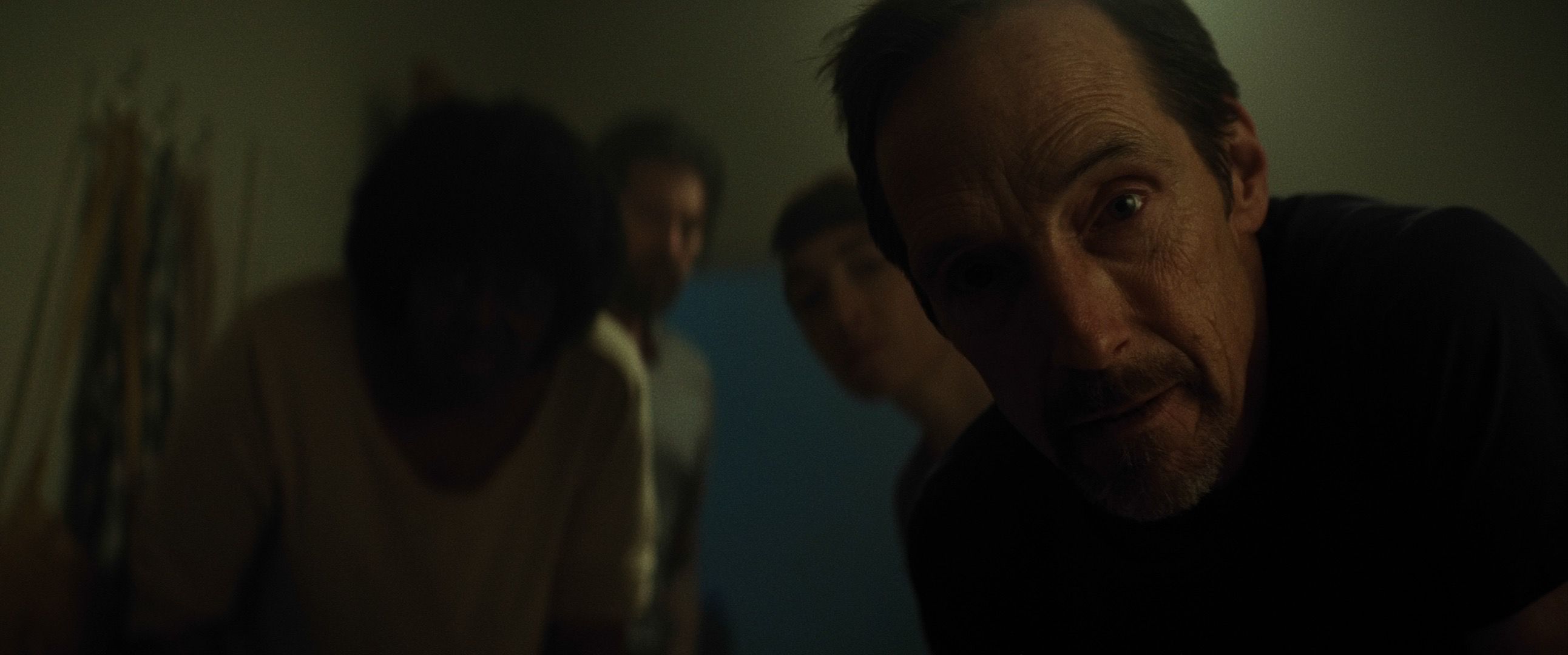
Giles Matthey and Naomi Grossman as two of the cult’s strongest and most dedicated followers also contribute to the movie having a more believable and palpable sense of fear. They also do a good job of masking their violence and the cult’s darker elements. They looks like they can switch between “good” and “bad” in an instant.
Perhaps one of 1BR’s best surprises is its ending. I won’t spoil it here, but I appreciated how it balances all the horror its main character goes through as she’s presented with a decision that, once made, resulted in an ending that’s both memorable and worthy of further discussion. It’s not what I was expecting and it was refreshing in terms of the options given the character of Janice after everything that’s happened.
Those with a knowledge of cult history might be able to see some similarities with the movie’s group and the Synanon cult back in the 1960s, which was based out of Santa Fe, California. It attracted people with an interest in self-examination, which resulted in the development of a truth-telling activity called “Synanon’s game,” a therapy session that saw members share things about themselves only to receive harsh and violent criticism in return as part of the “healing process.” The cult disbanded in 1991 and some of its members were convicted of several crimes, one of which involved attempted murder. David Marmor mentioned this cult as being an influence for the movie, but there are elements that can be associated with other cults as well (such as the recent NXIVM case), although the script was written years before some of the most recent examples.
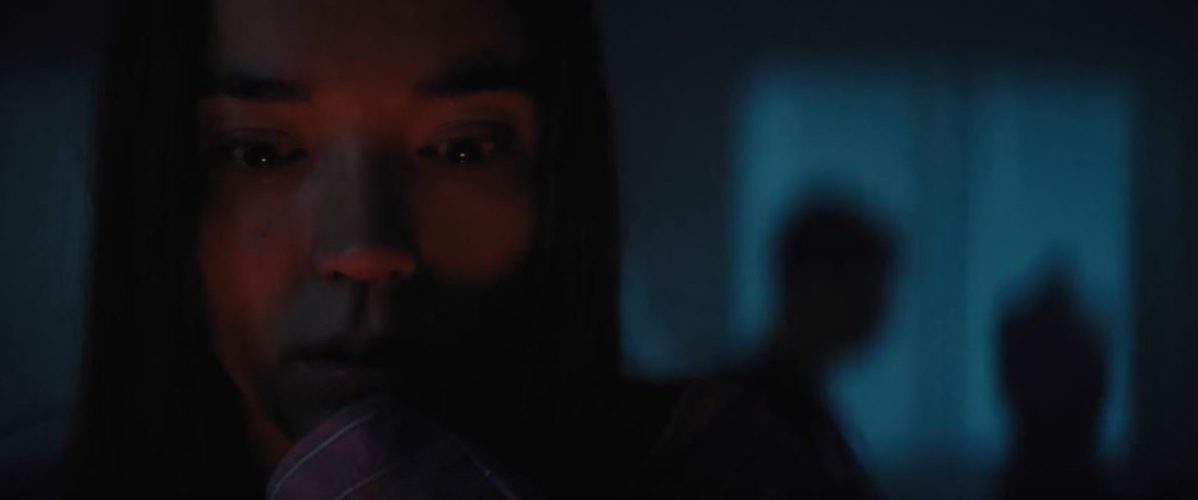
1BR is a realistically terrifying movie, and it’s that realism that puts it above so many other cult movies. It’s not a caricature of cult life, nor is it about good versus evil. It’s about different ideas and how they can bring a community together for reasons that redefine the concept of communal living for the worse. It will make you rethink your neighbors and it might inspire you to probably stay away from anyone promising a “small community experience.”


